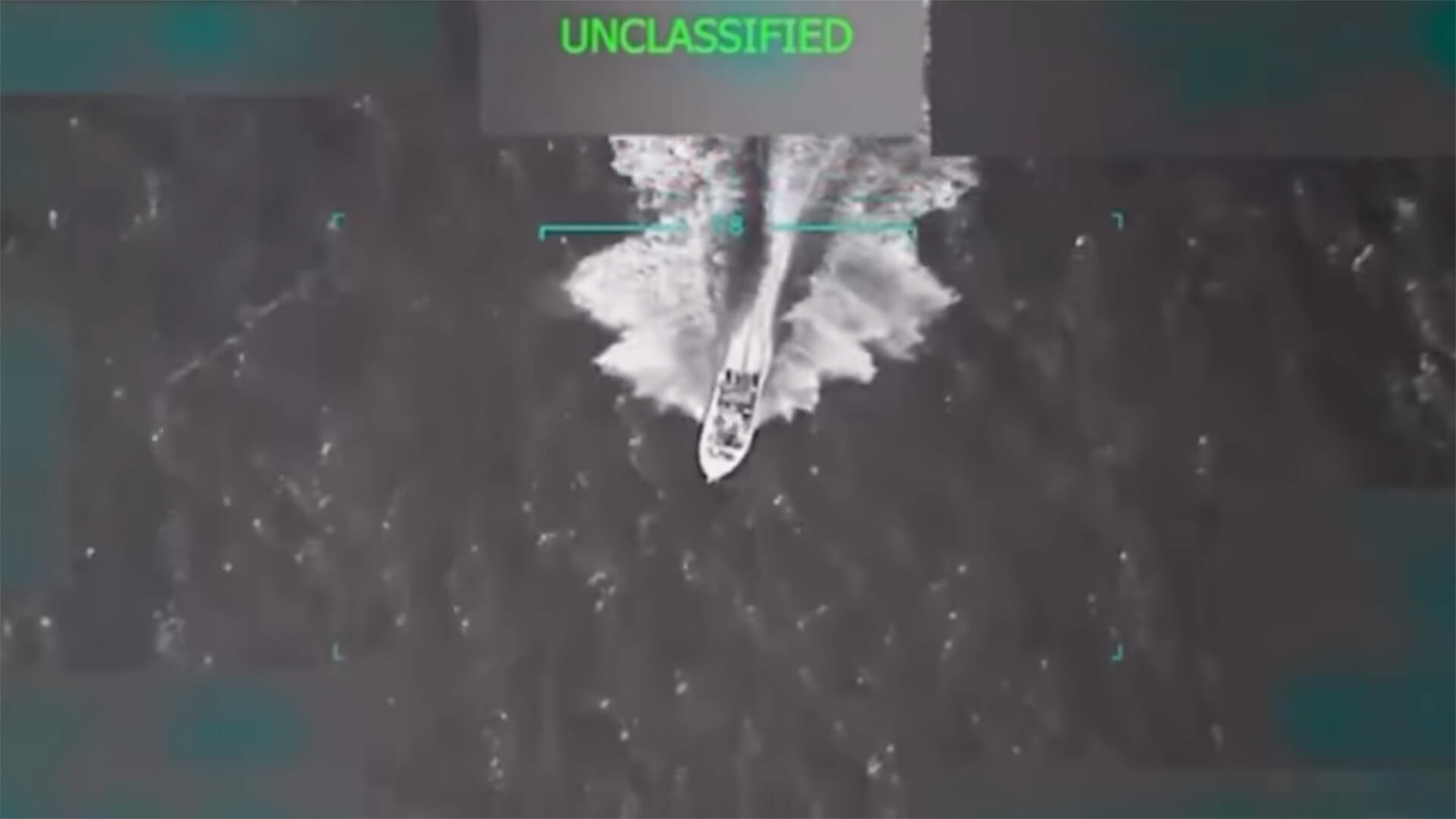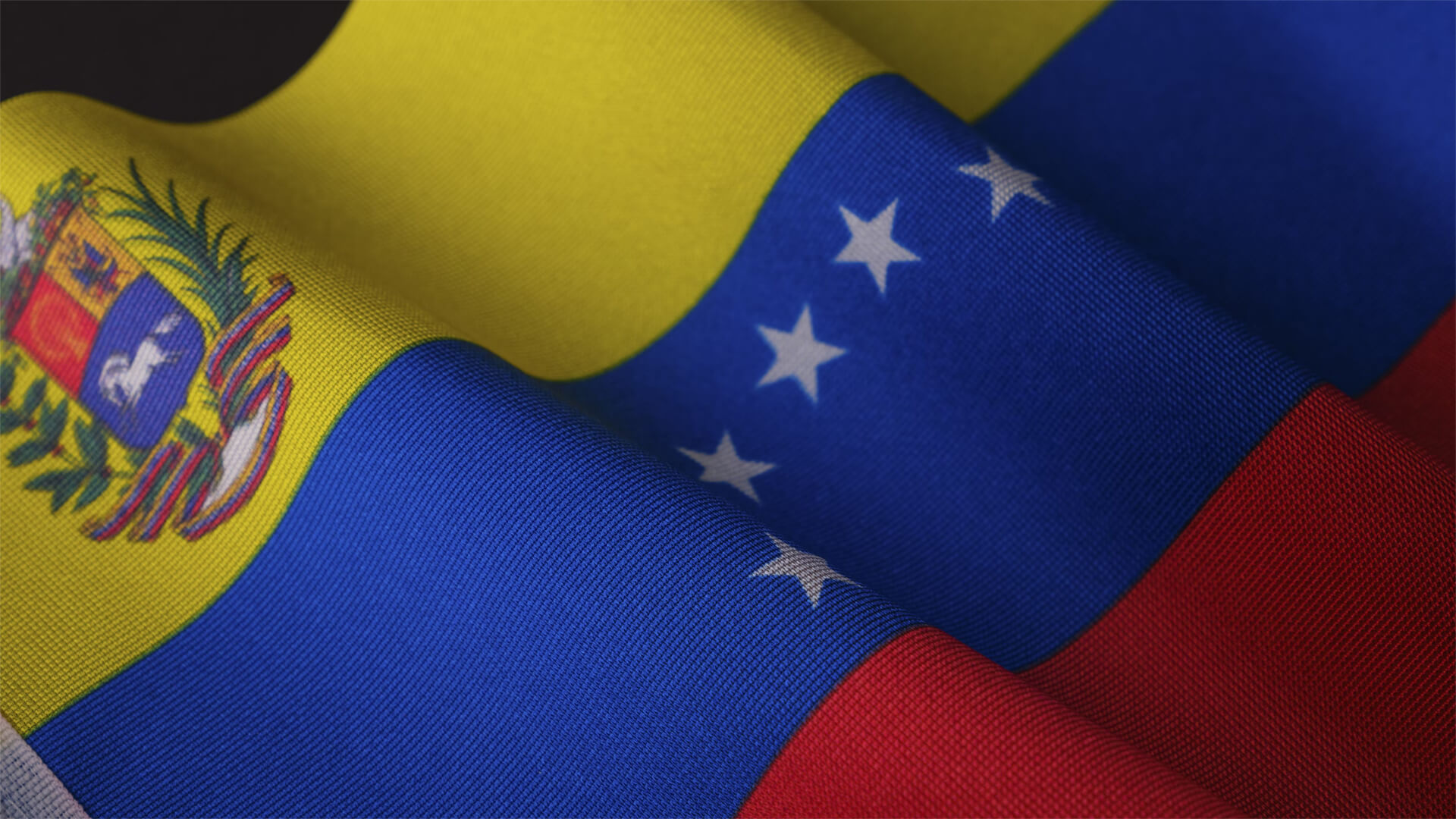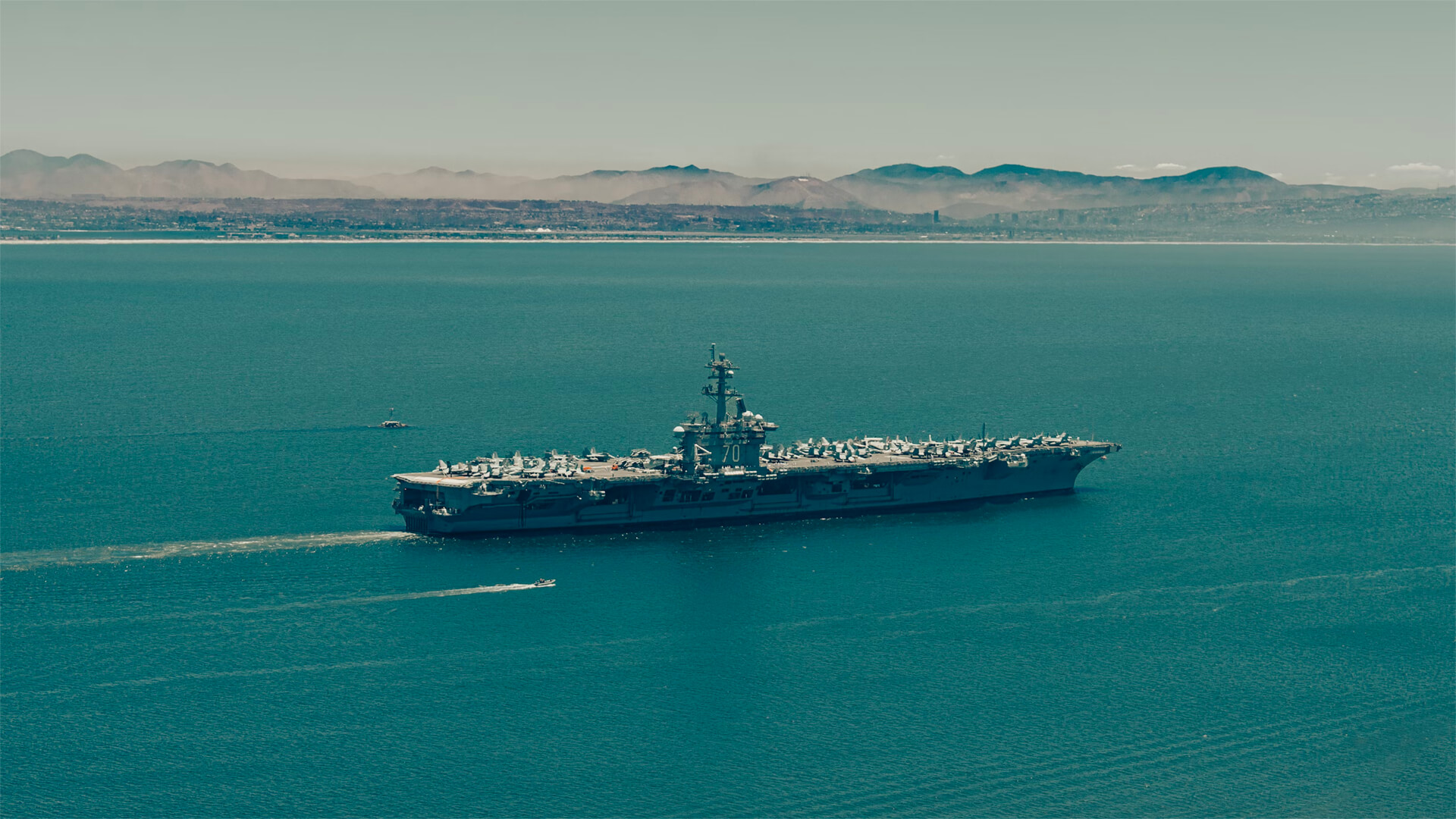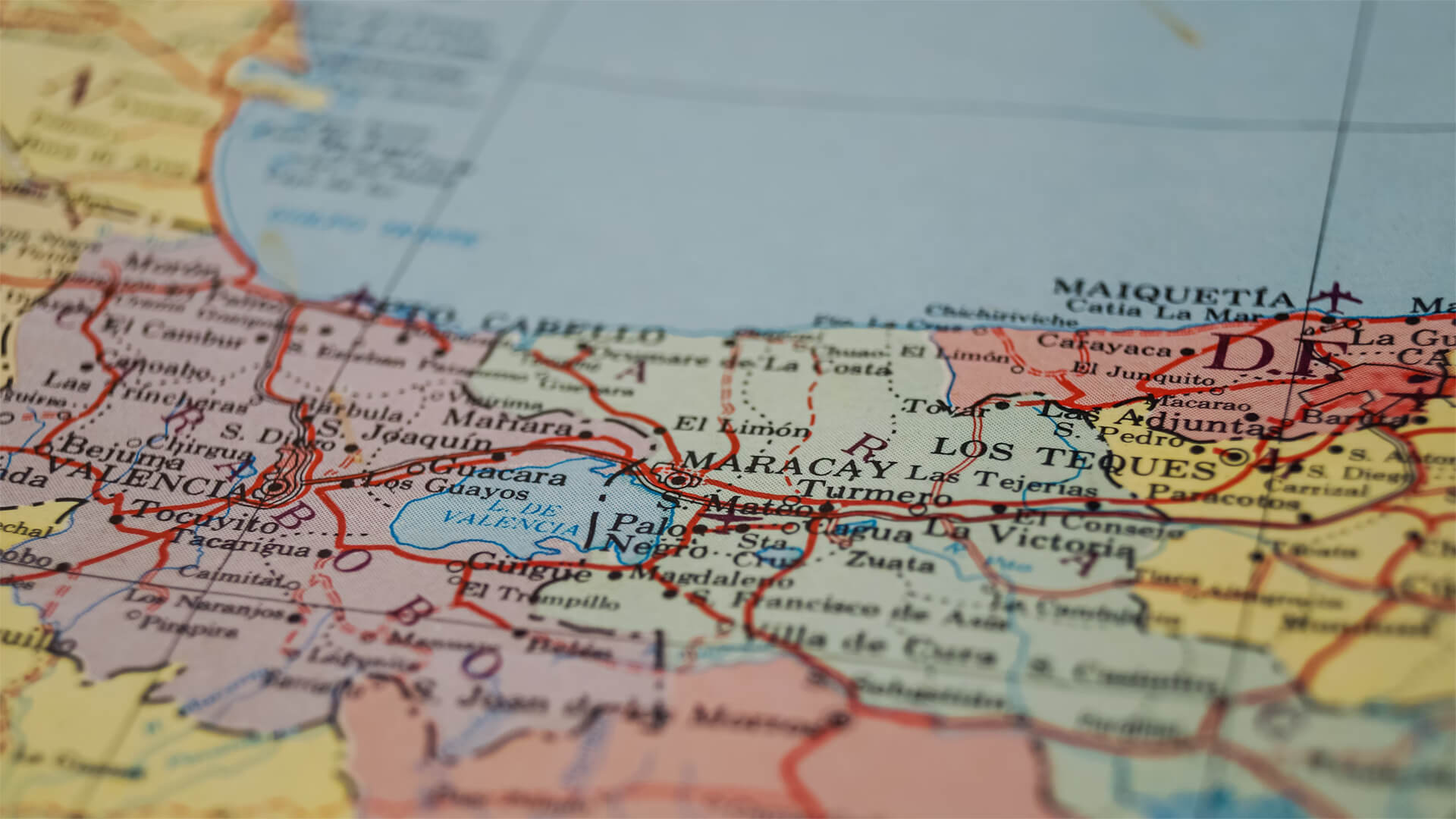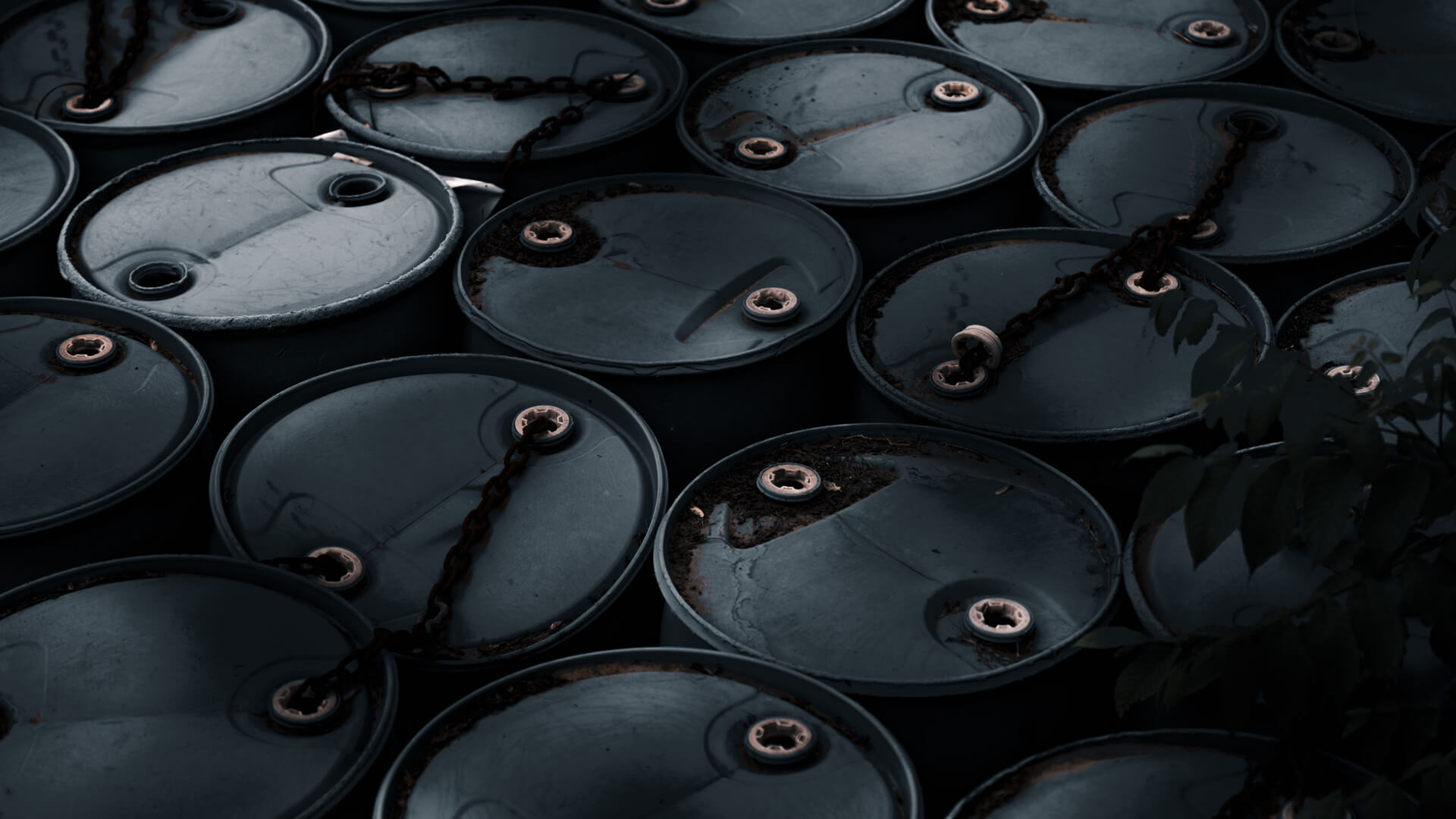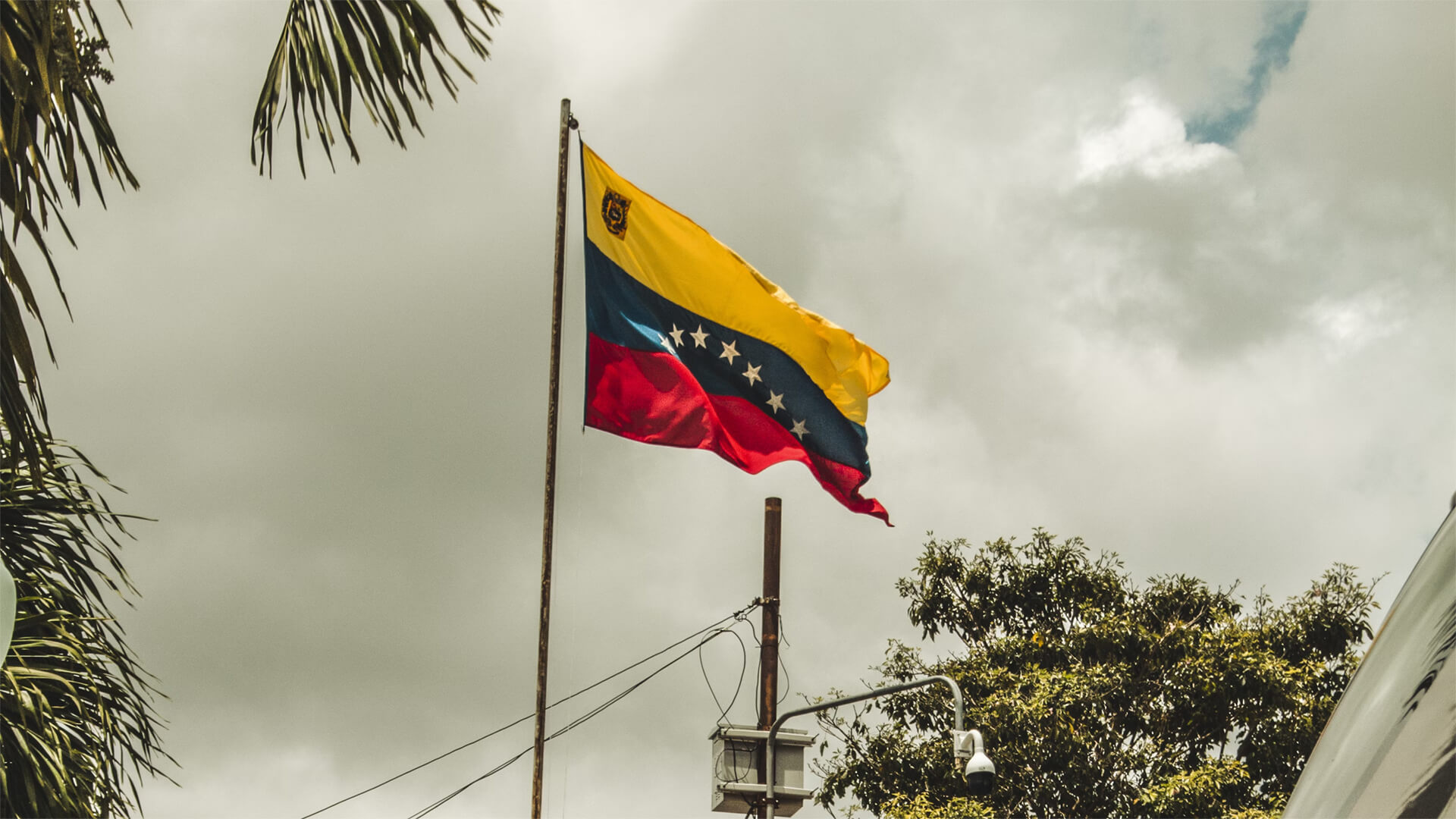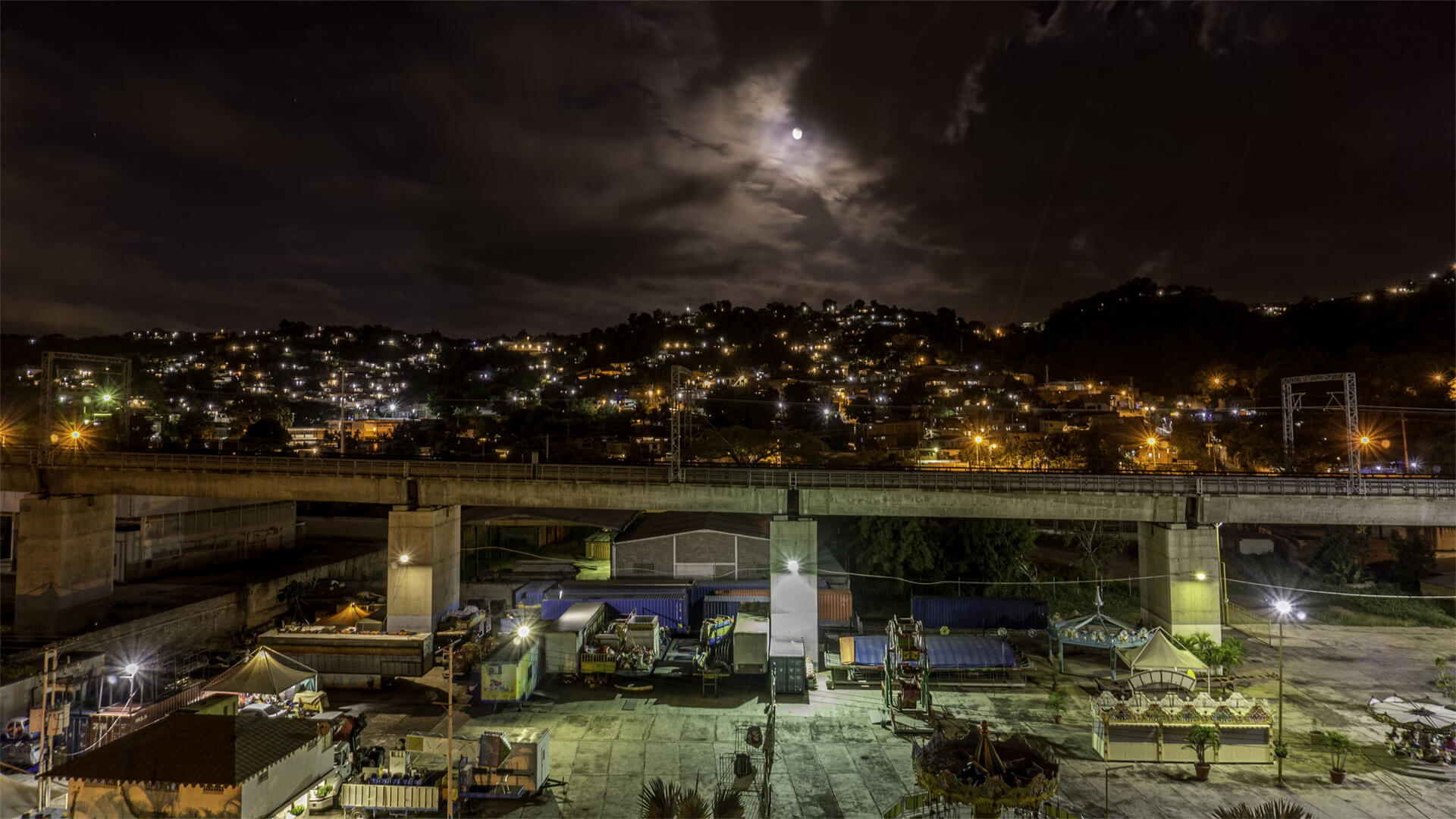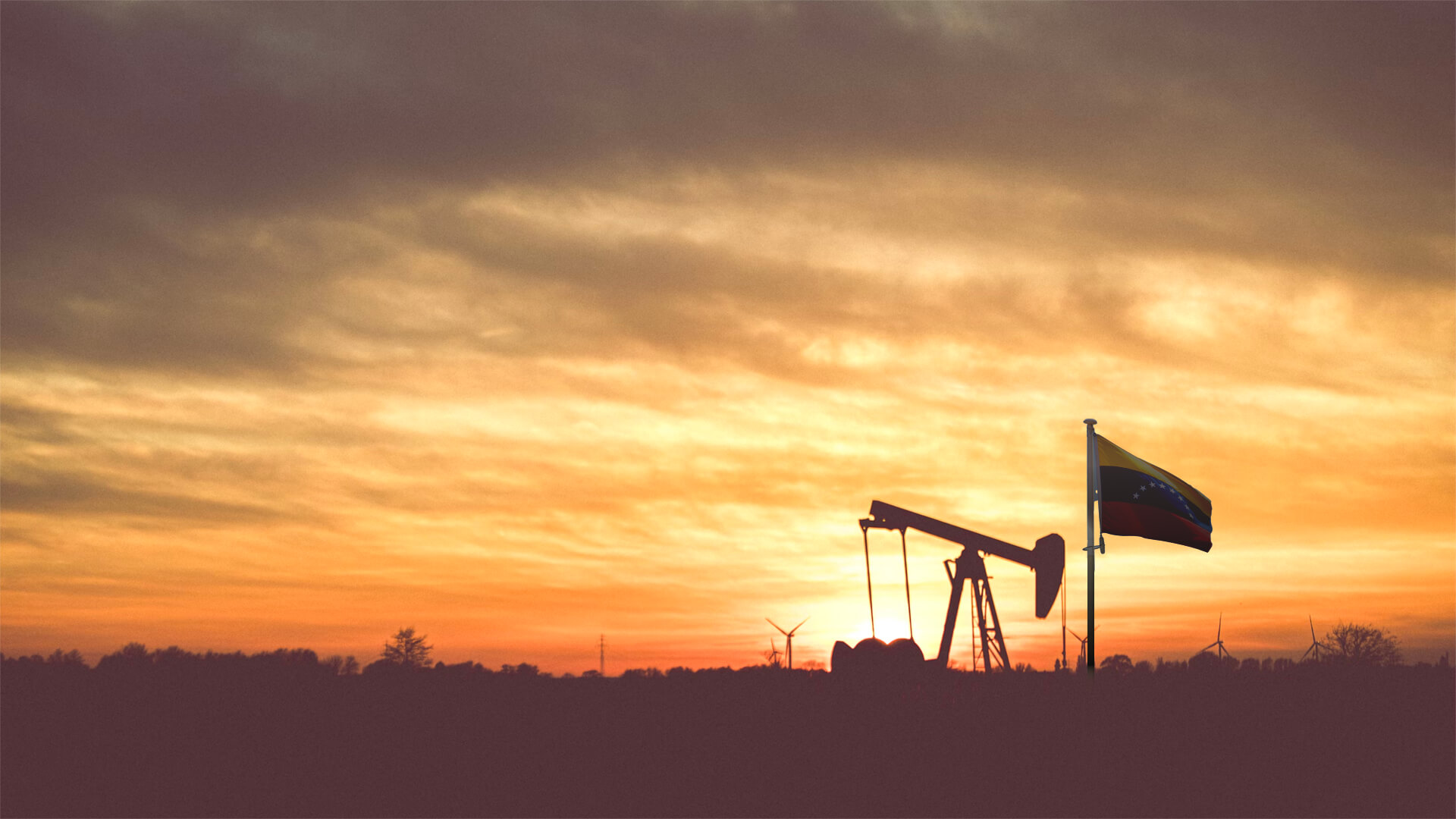When the US starts publicly admitting to war crimes, we ought to pay attention. So, let’s look at what’s going on with Venezuela.
Trump has announced imminent strikes on Venezuelan territory. Our most powerful aircraft carrier is already sitting in the region, so things could move very quickly. However, the administration still doesn’t have clear objectives for this operation. If cutting off drug inflows to the US is the main goal, how does pardoning the former Honduran president, Juan Orlando Hernández, who was convicted of orchestrating major cocaine trafficking routes, fit into that goal?
The inconsistency coming from the White House on drug-war priorities is indicative of the broader chaotic nature of this administration. It looks like the new year is poised to be an…interesting one.
Transcript
Hey, Peter Peterson here, coming to you from Colorado. Today we’re going to talk about what’s going on in Venezuela in the world of Coca Cola. This is going to be a little all over the place because reality is a little all over the place. First of all, war crimes investigations are in play is a short version.
According to the white House, according to the Defense Department, according to Donald Trump, according to Defense Secretary Hegseth, one of the things the U.S. military has been doing is after it blows up a boat that is allegedly, smuggling cocaine from Venezuela to the United States. If there are any survivors that go in and strike it again, under every treaty the United States has ever signed regarding war crimes, this is a war crime.
I mean, that’s flat out, going after somebody who can’t shoot back, who’s already been defeated and is basically executing them. This is a lot of what the Russians have been doing in the Ukraine front. This is one of the things that the United States decided back in the 40s should never be allowed to happen again.
And now we have public admission that this has been happening. The only question is at scale. Now, once it was explained to some people in the administration that this is actually a war crime, there’s been a lot of backtracking, where this will go that’s entirely up to Congress. Which brings us to the second piece, land invasion.
Trump has now publicly said that strikes on Venezuela on shore are imminent. In fact, they might have happened by the time you see this video. We still have not had the administration present any information on the drug smuggling, on potential actions to Congress. We’re very clearly in violation of the War Powers Act, which was something that Congress put together in the aftermath of Vietnam to make sure things like this could never happen again.
And Trump is very clearly violating that. But until and unless Congress decides to stand up for itself, there is no functional check on executive power on this topic. We still, according to Republicans in Congress, haven’t had the administration produce any meaningful information on the strikes that have been happening so far on any of the intelligence suggesting that these strikes were against vehicles, were actually smuggling drugs, or really anything about the operation.
And we already have, America’s most powerful aircraft carrier in the region. As for what the administration’s goals are, they are now deciding what those are. On Monday, we had a national security, meeting in the white House that included, among other people, the secretary of state and the secretary of defense, the Joint Chiefs, where Trump started to discuss, started to discuss what the end goal might actually be.
It looks like the United States has concentrated force in the region before even coming up with a general approach, much less a goal. We have had a conversation confirmed by the white House between Donald Trump and the Venezuelan president, who was Nicolas Maduro, where he basically told Maduro to leave. Maduro said no. And so now Trump is left deciding, you know, this.
Do we go in and take him out? Do we then install a government in the aftermath? Keep in mind that Caracas, the capital, might look like it’s close to the, coast on the map, but it’s actually on the other side of a thin mountain range. And so an occupation there would be at least as difficult as something like we did in Iraq.
And this is a country that already imports over 80% of its food. So a mass famine event without massive American logistical support would almost be baked in at this point. We don’t know if you’re confused. You’re not the only one. The administration really hasn’t made any decisions or provided any information. It’s just acting, which is in general how you get into big, drawn out, nasty in broad clios.
If you think I’m defending Maduro. Nope. The guy’s a nut job. So Maduro is a former bus driver who was appointed by Chavez Chavez as kind of the Chavez as kind of the Venezuelan version of Trump. To be exact, his successor. So we have a former bus driver as president. And after his call with Trump, he went on the air and pledged his undying loyalty to the Venezuelan people and then started dancing.
Because apparently that’s what you do in Venezuela now when you’re a former bus driver. On the drug front, back in the United States, Donald Trump has pardoned a guy by the name of. Let’s see. What is it? One, Orlando Hernandez, who is a former president of, Honduras. Now, Hernandez has been convicted, not not accused, convicted in U.S. court of law of being the single most consequential person in Western hemispheric history for establishing routes for smuggling cocaine and other illicit narcotics into the United States.
He was sentenced to 45 years in prison and is now he’s out, free. He and his wife are among the most corrupt people in Western hemispheric history, which is saying something. And he used the tools of the state to establish multiple trafficking routes in collaboration with the Mexican cartels. The difference between him and Maduro is that Hernandez has been convicted.
I mean, there’s really no doubt at all as to his guilt, whereas Maduro is merely accused. And, Hernandez said nice things about Trump, and that got him the, the pardon. So we have this bizarre mix of policy indecision, rudderless leadership and a rhetoric against drugs, but a practicality that’s actually encouraging them. Now, about the only good news I have on this general topic is that Congress passed and Trump has signed into law, something that puts a couple billion dollars into opioid and opiate, recovery for people,
But the net effect is that one of the most effective things that U.S. law enforcement has done against narcotics in the last 15 years was just undone by a pardon. And instead, were focusing on a country that is. Let’s to be perfectly honest, a marginal player in drug smuggling to the United States, not saying that Venezuela is not part of the problem, but, if you really want to go after drug smuggling, you start with where the stuff is produced.
That’s Bolivia, Ecuador and Colombia. And then you collaborate with the Mexicans to break down the cartels. Venezuela is a sideshow. Hernandez and Honduras, of course, were part of the court system. Okay. If that’s a little all over the place, it’s because the world is all over the place right now. Apologies for that. I will try to get the world into order for the next video.

